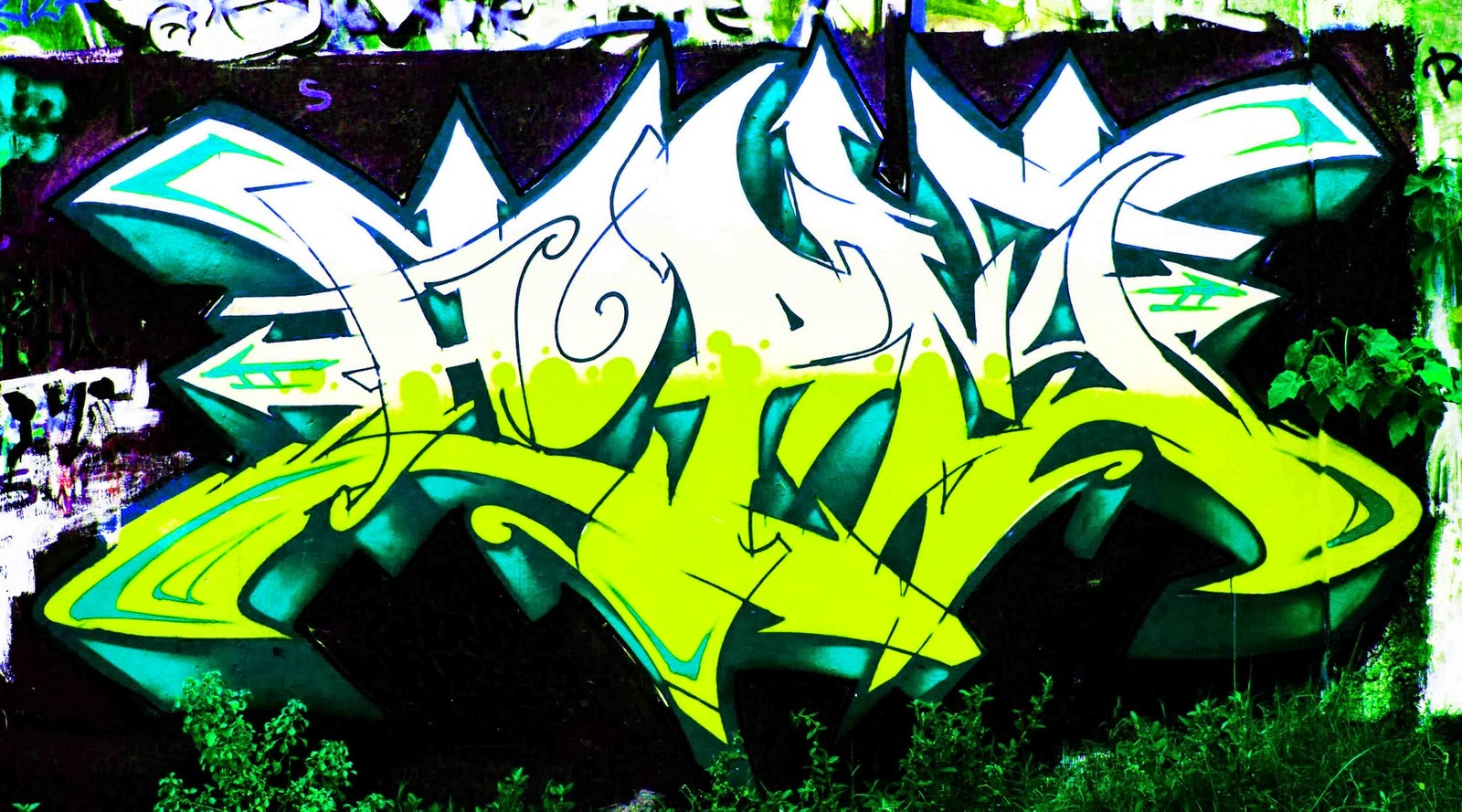Have you ever walked down a city street and been stopped in your tracks by a burst of color and creativity exploding on a brick wall? That, my friends, is the power of graffiti art. It's raw, it's energetic, and it has the ability to transform ordinary spaces into open-air galleries. But what about capturing that same energy on a smaller scale? That's where the magic of sketching graffiti comes in.
Think of a blank sketchbook as your own personal concrete canvas. Sketching graffiti is all about taking those bold lines, vibrant colors, and powerful messages from the streets and translating them into your own unique artistic expressions. It's a chance to experiment with different lettering styles, explore character design, and play with the visual language of street art. Whether you're a seasoned artist or just starting out, there's a world of creative potential waiting to be unlocked within the realm of graffiti-inspired sketches.
While graffiti as a whole has a complex and sometimes controversial history, its artistic merit is undeniable. What started as simple tags on city walls has evolved into a globally recognized art form. From the iconic work of artists like Banksy and Jean-Michel Basquiat to the countless unnamed individuals who contribute to the ever-evolving tapestry of street art, graffiti has challenged perspectives and sparked dialogues about social issues, urban landscapes, and the very definition of art itself.
But bringing graffiti into the realm of sketching raises a unique set of considerations. One of the core tenets of graffiti is its public nature—a dialogue between the artist and the urban environment. When we translate those ideas onto paper, we’re faced with the question of ownership and copyright. Is it ethical to recreate existing graffiti in our sketches? Where does inspiration end and appropriation begin? These are important questions to grapple with as we navigate this exciting and evolving art form.
Despite the ethical considerations, the benefits of exploring graffiti through sketching are numerous. First and foremost, it offers a fantastic way to improve your drawing skills. Graffiti lettering, with its dynamic shapes and flowing lines, can help you develop hand-eye coordination and precision. Character design, a staple in many graffiti murals, encourages creativity and the exploration of different styles and expressions. And on a deeper level, engaging with graffiti through sketching can open your eyes to the social commentary, artistic techniques, and raw emotions that fuel this dynamic art movement.
Advantages and Disadvantages of Drawing Graffiti Art Ideas
| Advantages | Disadvantages |
|---|---|
| Develops drawing skills | Ethical concerns about appropriation |
| Encourages creativity and experimentation | Potential for misinterpretation of styles |
| Provides insight into social and artistic movements | Difficulty in replicating the scale and impact of murals |
Whether you're drawn to the intricate lettering, the thought-provoking imagery, or the sheer rebellious spirit of graffiti, there's a place for you within this vibrant art form. So, grab your sketchbook, unleash your creativity, and discover the endless possibilities of drawing graffiti art ideas!
Entrance to building is called a what in english this will blow your mind
Hollywood glamour meets iconic play the anna may wong barbie on amazon
Spectacular fourth of july celebrations around nyc
drawings of graffiti art ideas - Khao Tick On
drawings of graffiti art ideas - Khao Tick On
drawings of graffiti art ideas - Khao Tick On
Pin by Ig Sidharth.v on Imagination in 2020 - Khao Tick On
drawings of graffiti art ideas - Khao Tick On
drawings of graffiti art ideas - Khao Tick On
drawings of graffiti art ideas - Khao Tick On
drawings of graffiti art ideas - Khao Tick On
drawings of graffiti art ideas - Khao Tick On
drawings of graffiti art ideas - Khao Tick On
drawings of graffiti art ideas - Khao Tick On
Pin by Debbie Ring on fanta_zeus - Khao Tick On
drawings of graffiti art ideas - Khao Tick On
Sticker Designs on Behance - Khao Tick On
drawings of graffiti art ideas - Khao Tick On














